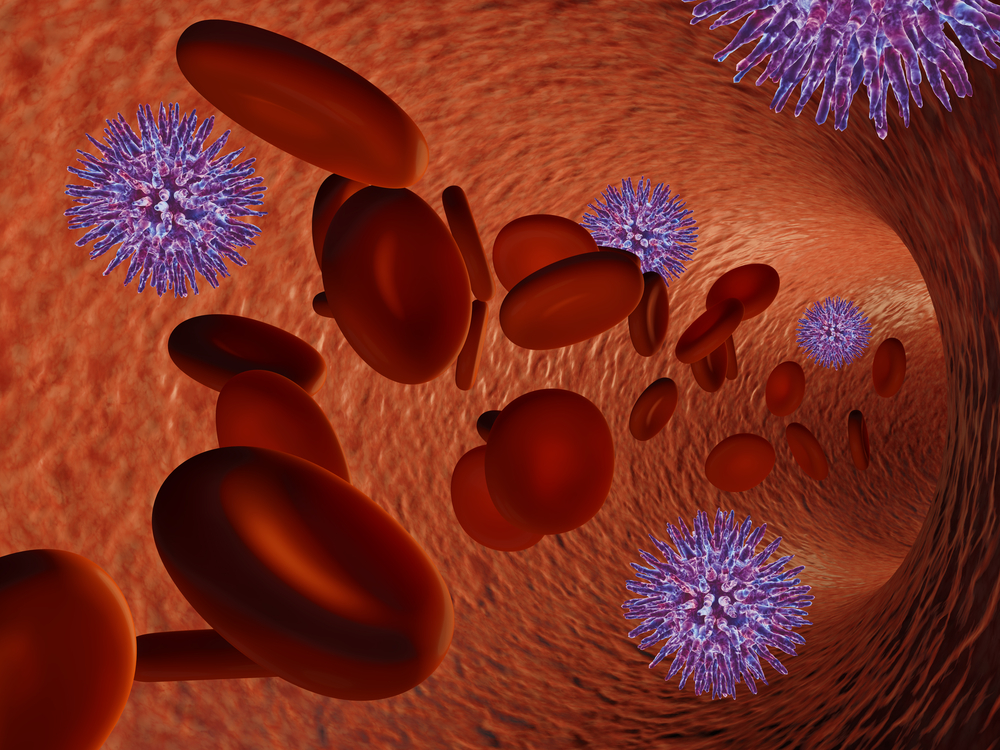Recently, a group of clinical researchers from Johns Hopkins Hospital (JHH) released study results revealing that the immunosuppressive drug mycophenolate mofetil (MMF) may be linked to an increased risk of central nervous system (CNS) lymphoma in solid organ transplant (ie. liver transplant) patients. The study, entitled, “Primary CNS lymphoproliferative disease, mycophenolate and calcineurin inhibitor usage,” was published in the latest edition of the journal Oncotarget.
The research team included Dr. Amy Duffield, MD, PhD, assistant professor of pathology and oncology at the Johns Hopkins University School of Medicine and a member of the Johns Hopkins Kimmel Cancer Center. Dr. Duffield’s research is focused pathology and hematopathology, with a particular focus on new protein-protein interactions.
Dr. Duffield and team members investigated the link between immunosuppressive drug therapies given to patients who underwent a solid organ transplant procedure and the diagnosis of post-transplant lymphoproliferative disease (PTLD). They did this by analyzing patient information found within the United Network for Organ Sharing-Organ Procurement and Transplant Network (UNOS-OPTN) database, looking at all records in which there was a case of PTLD at JHH over a 28-year (1986-2014) period.
After analysis the data findings included:
- 177 cases of PTLD were identified
- 29 cases, the majority of which were kidney transplant patients, had PCNS diagnosis
- There were no post-transplant PCNS cases diagnosed between 1986 and 1997, but the diagnosis increased substantially in the next decades.
- The proportion of post-transplant PCNS cases was four-fold higher between 2005 and 2014 compared to the proportion in 1995 to 2004
- Patients taking calcineurin inhibitors either alone or in combination with MMF seemed to be protected from developing PCNS disease.
In a Johns Hopkins press release Dr. Duffield stated, “MMF remains one of the best current medications for immunosuppression that we have, but a better understanding of its association with CNS lymphoproliferative disease will be crucial to further improving patients’ transplant regimes based on all of the risks these patients face.”
Dr. Duffield’s colleague and lead author on the study, Dr. Genevieve Crane, MD, PhD, Fellow in hematopathology, Johns Hopkins Hospital, further explained the findings’ importance. “There is a standard daily dose, and it does not require monitoring of drug levels in the blood. This is one of the major advantages of MMF,” Dr. Crane said. “More research needs to be done to confirm our results, but our work suggests that, at least in some patients, the combination of MMF and CNIs may be protective against CNS lymphoproliferative disease in a way that had not previously been appreciated.”


